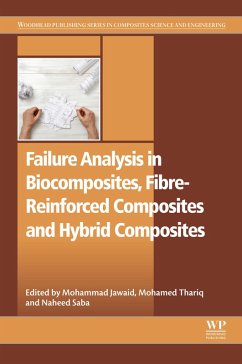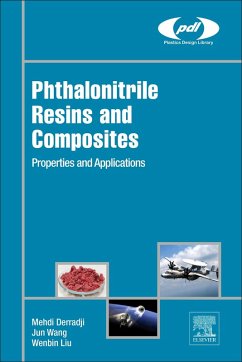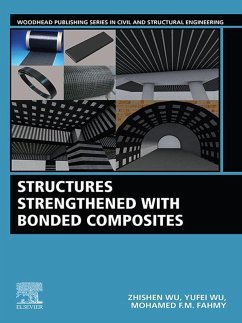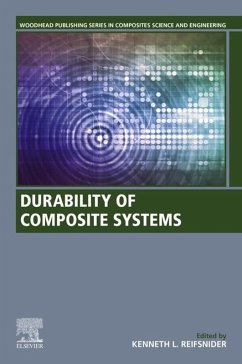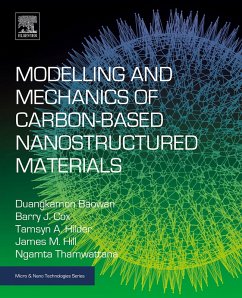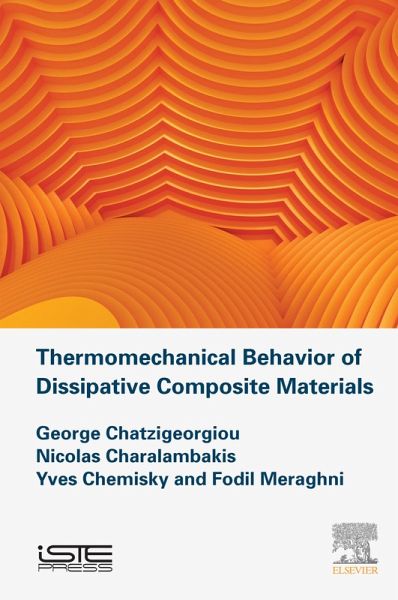
Thermomechanical Behavior of Dissipative Composite Materials (eBook, ePUB)
Versandkostenfrei!
Sofort per Download lieferbar
77,95 €
inkl. MwSt.
Weitere Ausgaben:

PAYBACK Punkte
39 °P sammeln!
Thermomechanical Behavior of Dissipative Composite Materials presents theoretical and numerical tools for studying materials and structures under fully coupled thermomechanical conditions, focusing primarily on composites. The authors cover many aspects of the modeling process and provide the reader with the knowledge required to identify the conservation laws and thermodynamic principles that must be respected by most solid materials. The book also covers construct constitutive laws for various types of dissipative processes, both rate-independent and rate-dependent, by utilizing a rigorous t...
Thermomechanical Behavior of Dissipative Composite Materials presents theoretical and numerical tools for studying materials and structures under fully coupled thermomechanical conditions, focusing primarily on composites. The authors cover many aspects of the modeling process and provide the reader with the knowledge required to identify the conservation laws and thermodynamic principles that must be respected by most solid materials. The book also covers construct constitutive laws for various types of dissipative processes, both rate-independent and rate-dependent, by utilizing a rigorous thermodynamic framework. Topics explored are useful for graduate students and advanced researchers who wish to strengthen their knowledge of the application of thermodynamic principles. - Identifies the conservation laws and thermodynamic principles that need to be respected by any solid material - Presents construct, proper constitutive laws for various types of dissipative processes, both rate-independent and rate-dependent, by utilizing an appropriate thermodynamic framework - Includes robust numerical algorithms that permit accuracy and efficiency in the calculations of very complicated constitutive laws - Uses rigorous homogenization theories for materials and structures with both periodic and random microstructure
Dieser Download kann aus rechtlichen Gründen nur mit Rechnungsadresse in A, B, BG, CY, CZ, D, DK, EW, E, FIN, F, GR, HR, H, IRL, I, LT, L, LR, M, NL, PL, P, R, S, SLO, SK ausgeliefert werden.





